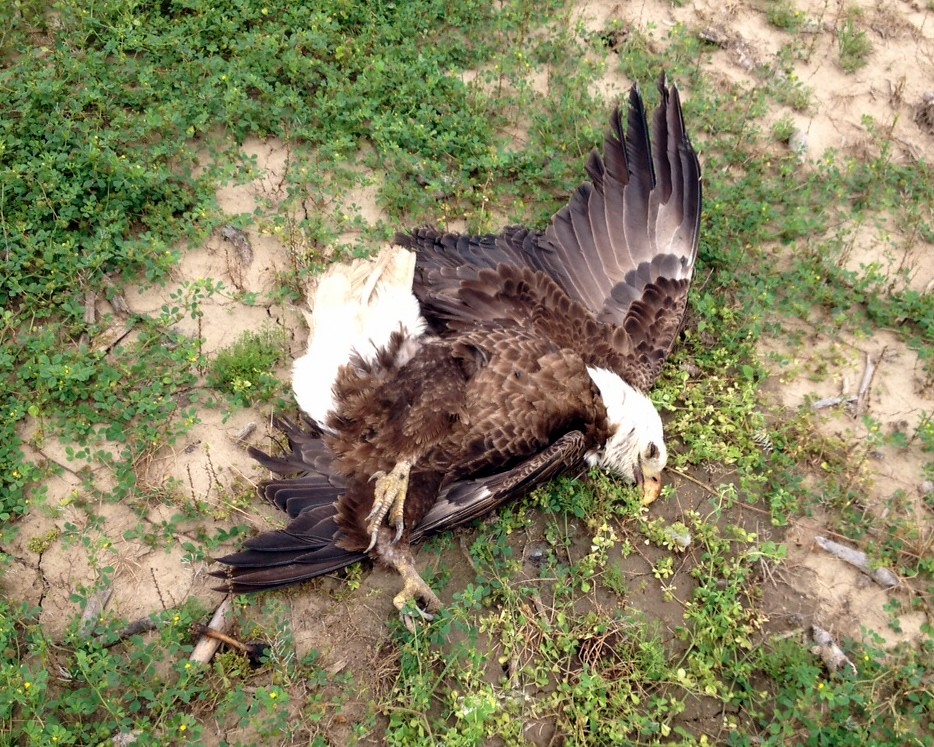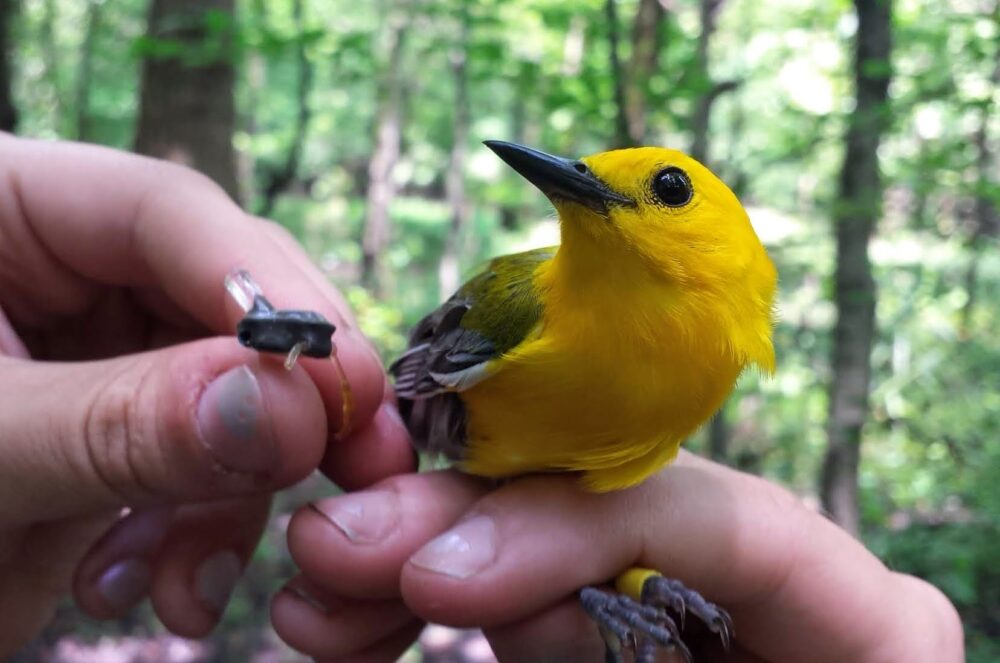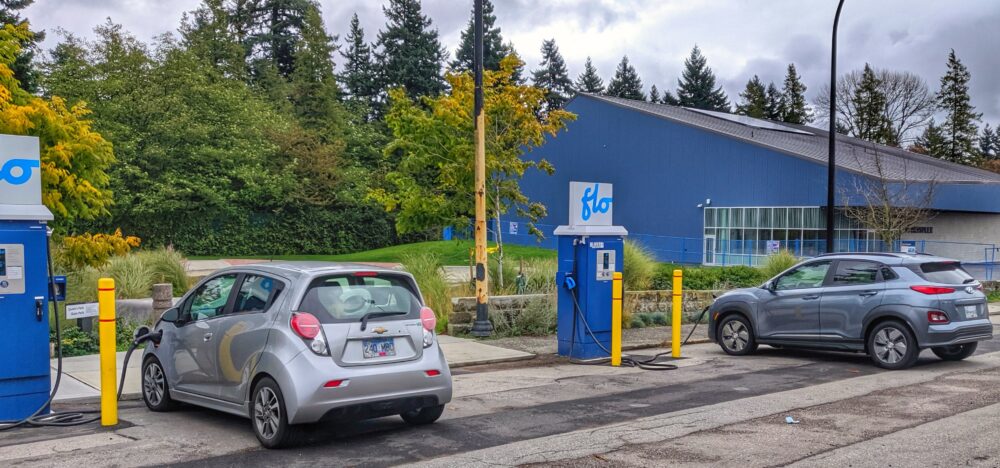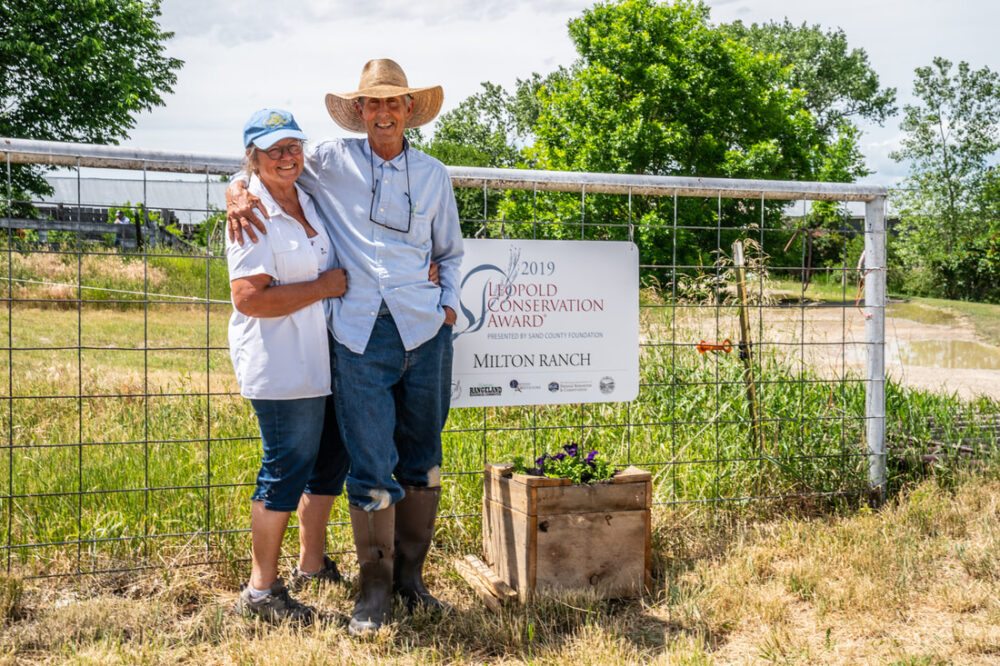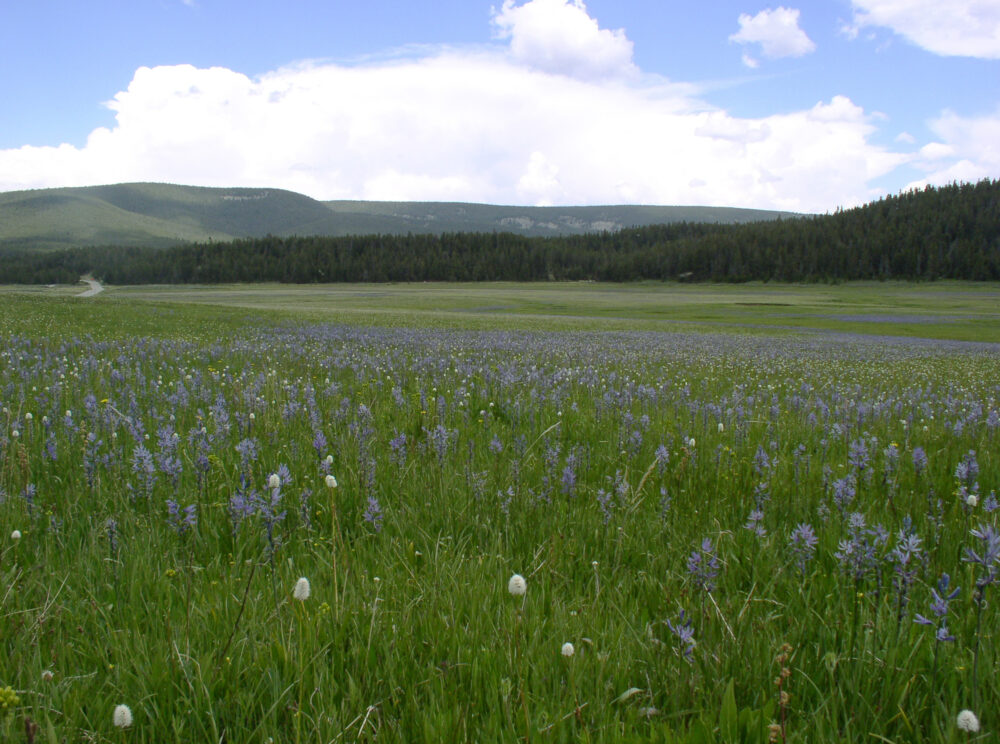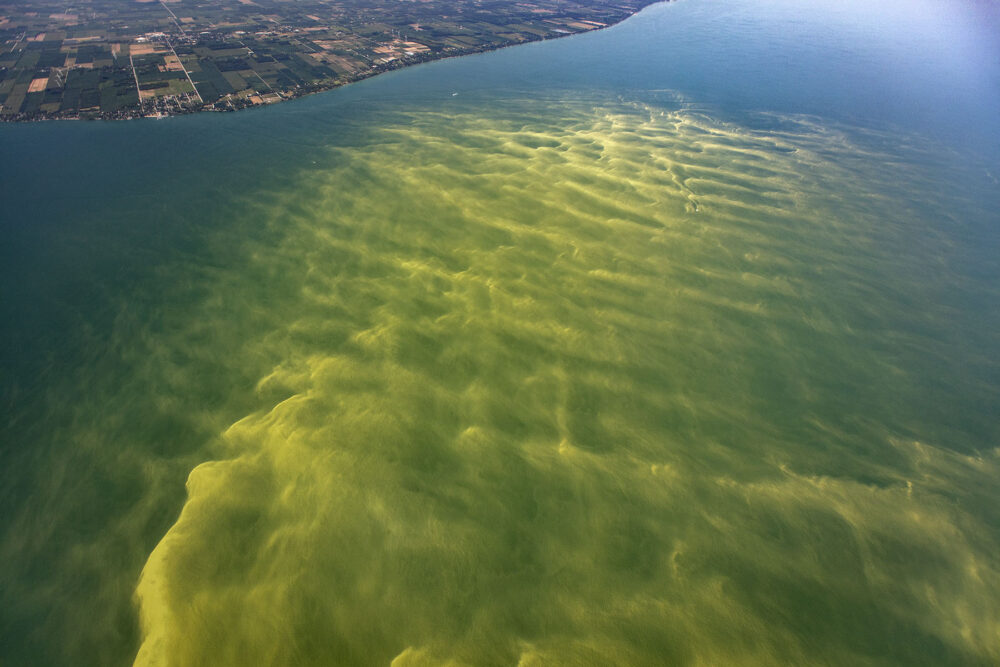We have much more to do and your continued support is needed now more than ever.
Federal Government Investigates West Virginia’s “Lawless” Regulation of Coal Mining
Charleston, West Virginia’s largest city and capital, has just begun to reopen after a coal processing chemical storage facility spilled into the Elk River, rendering the city’s water unusable for 300,000 people. While the spill was not a direct result of coal mining, it was another telling reminder of toll this dirty industry has taken on the state.
Outside of Charleston, the waters of West Virginia are being poisoned and buried at an alarming rate due to a practice called mountaintop removal. Mountaintop removal sounds about as bad as it is. The mountaintops of this beautiful landscape are blown off, and then dumped into nearby valleys and streams.
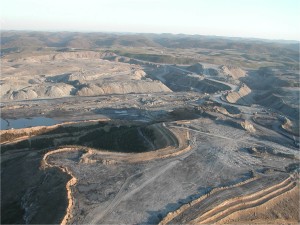
The mountain itself is left a virtually lifeless moonscape after the thin layer of coal is scraped off and sent away, to be burnt in coal fired power plants that spew carbon pollution. With no forest or vegetation to store water from storms and snowmelt, the risks of major flooding in valley communities greatly increases.
It is a testament to human folly.
A Devastating Record
The scope of devastation is stunning. According to the EPA, since 1992, more than 1,200 miles of Appalachian streams have been permanently buried by surface coal mining practices, at an estimated ongoing rate of 120 miles per year. The approximated scale of deforestation from existing Appalachian surface mining operations is greater in size than the State of Delaware.
Federal law is supposed to protect the environment and threatened communities from surface mining impacts, and ensure that mined areas are reclaimed. But in West Virginia, Coal is King and state regulators charged with protecting citizens and wildlife look the other way. The situation in West Virginia is so bad that a federal judge once declared that:
[A] climate of lawlessness [exists], which creates a pervasive impression that continued disregard for federal law and statutory requirements goes unpunished, or possibly unnoticed. Agency warnings have no more effect than a wink and a nod, a deadline is just an arbitrary date on the calendar and, once passed, not to be mentioned again. Financial benefits accrue to the owners and operators who were not required to incur the statutory burden and costs attendant to surface mining; political benefits accrue to the state executive and legislators who escape accountability while the mining industry gets a free pass.
It is past time the ongoing disaster in West Virginia gets noticed and flagrant disregard of the law no longer goes unpunished.
This is why National Wildlife Federation, along with 17 other conservation, faith and public-health groups (including our affiliate West Virginia Rivers Coalition), filed a petition with the federal Office of Surface Mining in June demanding that OSM take over enforcement and implementation of West Virginia’s toothless program and ensure the law is enforced, communities are protected, and flagrant violators are brought into line.
Bridging the Enforcement Gap
A step in right direction occurred when OSM recently decided to further investigate five of the alleged failings of West Virginia’s program, most of them related to failures to protect communities from water pollution and flooding caused by mining. Unfortunately, OSM decided not to further investigate fourteen other alleged regulatory lapses.
OSM must take this investigation seriously, and move expeditiously to protect West Virginia from destructive coal mining. The disaster in Charleston is a stark reminder of the high price West Virginia pays for its reliance on this dirty industry. But that disaster is only a sliver of price being paid by the countless mountains, streams, and forests that are being leveled by mountaintop removal.
West Virginia deserves a better legacy than selling its future for coal. And the time to start building that new legacy is now. A good first step is enforcing the law that’s already on the books and not giving polluters a free pass.
Speak Out for Clean Energy
![]() Help wildlife impacted by dirty fuels—urge your members of Congress to extend key incentives for clean energy.
Help wildlife impacted by dirty fuels—urge your members of Congress to extend key incentives for clean energy.


